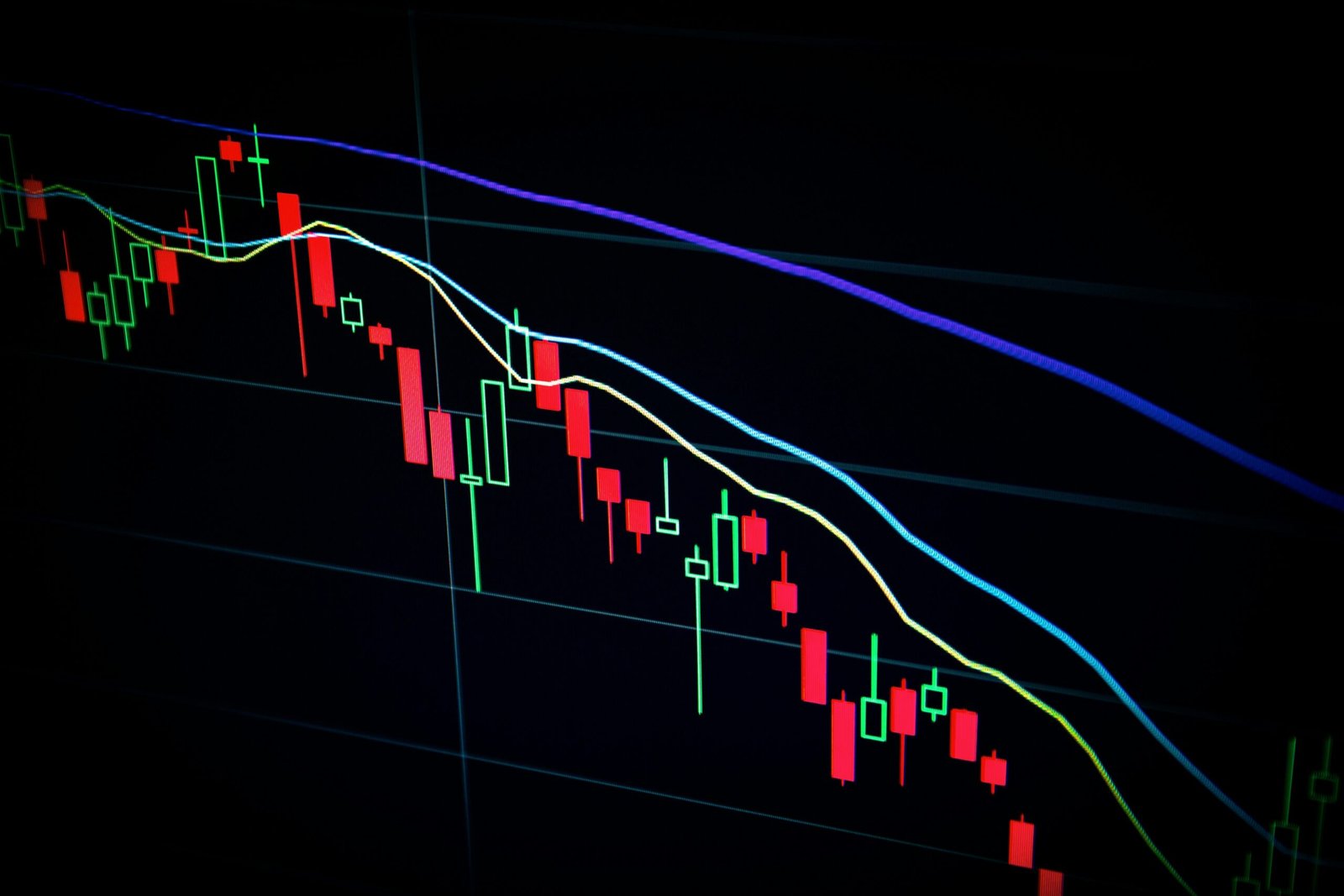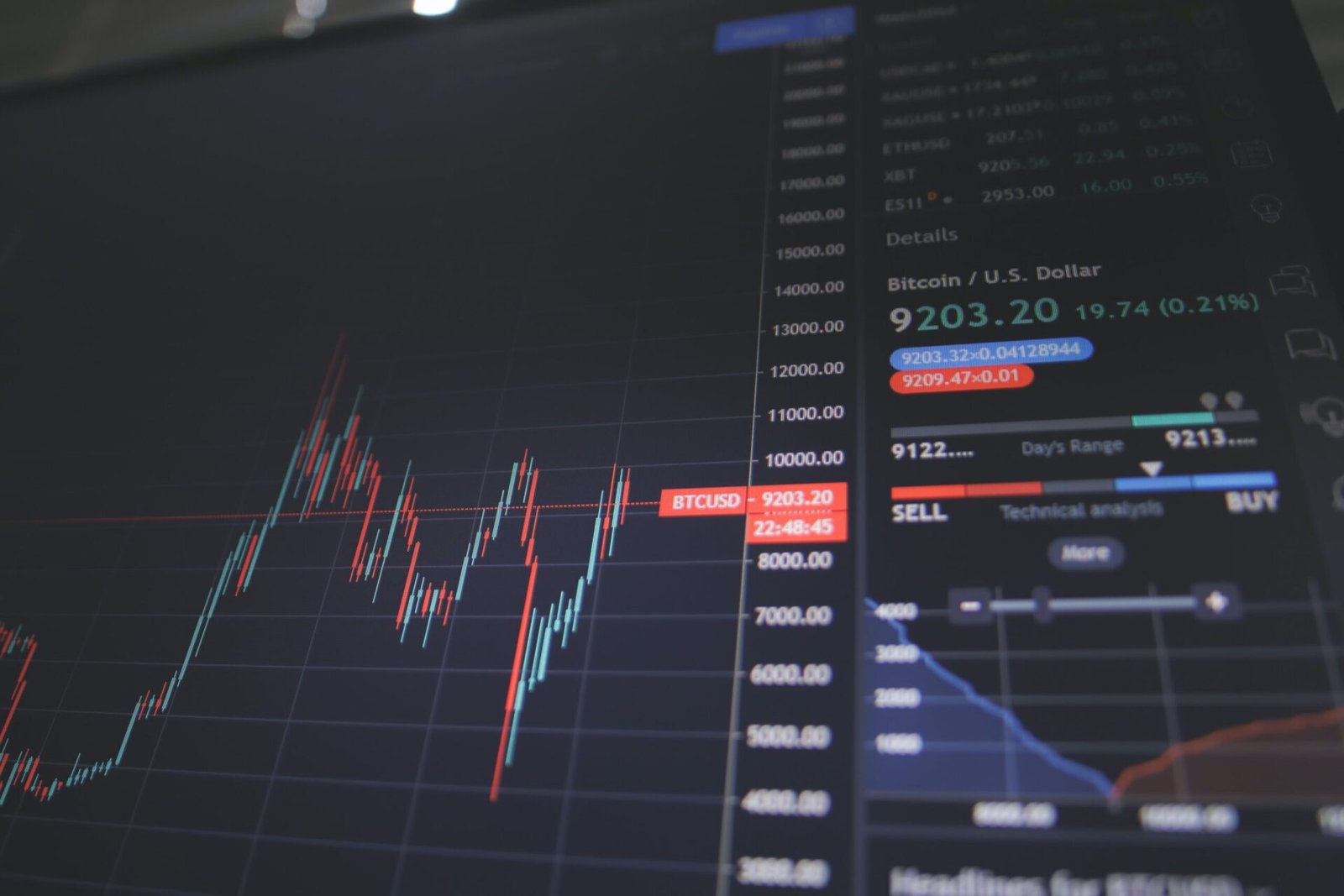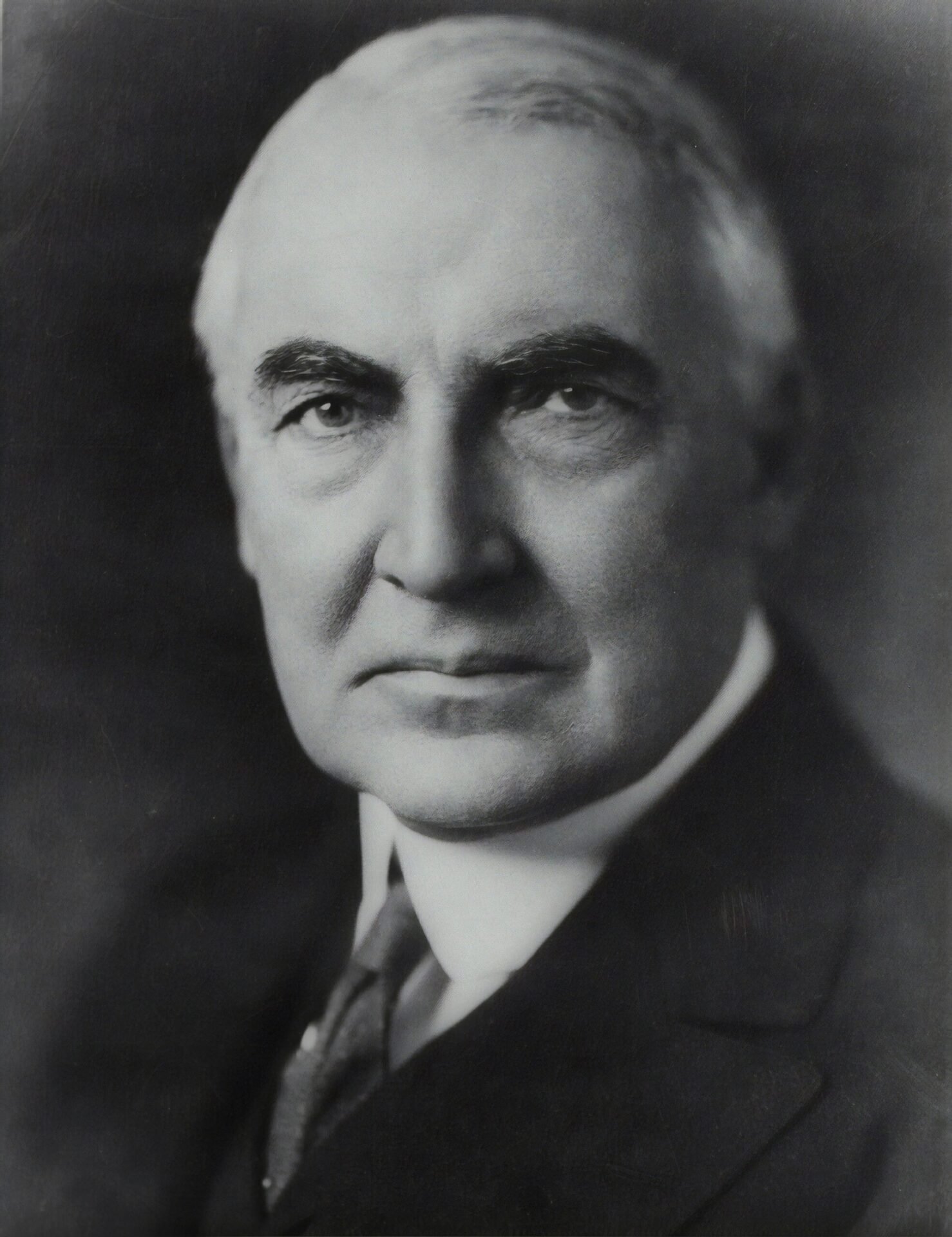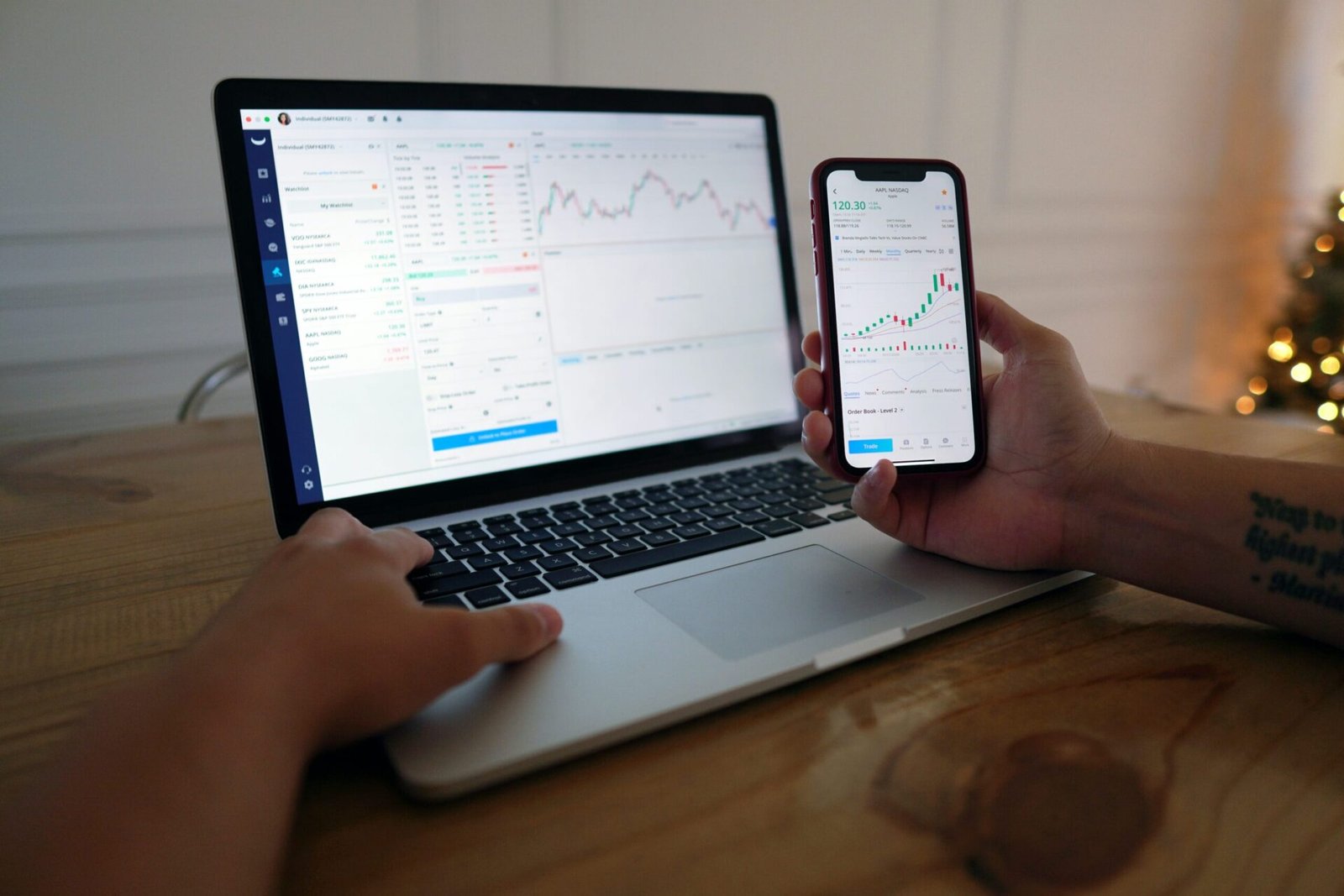As a child in the 90s, you may remember a time when trading stocks was a privilege reserved for the wealthy and well-connected. The stock market was seen as a mysterious and exclusive club, accessible only to those with deep pockets and insider knowledge. The average person had limited options when it came to investing their hard-earned money.
Back then, if you wanted to invest in stocks, you had to go through a traditional brokerage firm. This meant physically visiting a brick-and-mortar office, filling out paperwork, and paying high fees for each trade. The process was time-consuming, expensive, and often intimidating for those who were new to the world of investing.
However, with the rapid advancement of technology, the landscape of trading began to change. The rise of the internet brought about a new era of accessibility and convenience. Online brokerage platforms emerged, allowing individuals to trade stocks from the comfort of their own homes.
These online platforms offered a range of benefits that were previously unheard of. They provided easy-to-use interfaces, real-time market data, and low-cost trading fees. Suddenly, the average person had the power to buy and sell stocks with just a few clicks of a button.
Furthermore, the introduction of mobile trading apps brought trading to the palm of your hand. With the advent of smartphones, you could now monitor your investments, execute trades, and access a wealth of financial information on the go. This level of accessibility was unprecedented and opened up a world of opportunities for individuals looking to grow their wealth.
Today, trading has become more democratized than ever before. Anyone with an internet connection and a smartphone can participate in the stock market. Whether you are a young professional looking to invest your savings or a retiree seeking to supplement your income, the barriers to entry have been significantly lowered.
Furthermore, the evolution of trading technology has not only made it more accessible but also more transparent. With the abundance of information available online, individuals can now conduct thorough research and make informed investment decisions. They can access financial news, analyst reports, and historical data to gain a deeper understanding of the companies they are investing in.
In conclusion, the evolution of trading from limited access to accessibility has been a game-changer for individuals seeking to grow their wealth. The advancements in technology have transformed the stock market from an exclusive club to a place where anyone can participate. As we continue to embrace innovation, it is exciting to think about what the future holds for the world of trading.
Technological Limitations of the Past
Before the widespread availability of high-speed internet and smartphones, trading was a completely different ballgame. Home computers were slow, and most people did not have access to fiber internet connections. This lack of technological infrastructure made it challenging for individuals to actively participate in the financial markets.
Furthermore, the cost of trading was significantly higher back then. Commissions for each trade ranged from $5 to $10, which made it difficult for traders to engage in frequent buying and selling. Scalping, a trading strategy that relies on making quick profits from small price movements, was particularly challenging with such high commission fees.
Moreover, the trading platforms available at that time were not as advanced as they are today. Traders had limited access to real-time market data and had to rely on delayed quotes, which often led to missed opportunities and inaccurate decision-making. The lack of sophisticated charting tools and technical indicators made it harder to analyze market trends and patterns.
Additionally, the execution speed of trades was much slower compared to the present day. Orders had to be placed through phone calls or manually entered into the trading platform, which resulted in delays and potential errors. This sluggish process hindered traders from taking advantage of fast-moving markets and reacting quickly to changing market conditions.
Furthermore, the availability of financial information was limited. Traders had to rely on newspapers, television, and financial magazines to gather information about companies, industries, and overall market conditions. This lack of instant access to news and research made it challenging for traders to stay updated and make informed decisions.
In summary, the technological limitations of the past hindered individuals from actively participating in the financial markets. Slow computers, limited internet connectivity, high commission fees, outdated trading platforms, delayed market data, slow order execution, and limited access to financial information all contributed to a less efficient and accessible trading environment.
As Robinhood gained popularity, other brokerage firms began to take notice and realized the potential of the commission-free trading model. They saw the demand from traders who were tired of paying high fees and wanted a more affordable way to invest in the stock market.
In response, these traditional brokerage firms started to introduce their own commission-free trading platforms. They revamped their pricing structures and eliminated fees for certain types of trades, such as buying and selling stocks and exchange-traded funds (ETFs). This move was a significant shift in the industry, as it allowed investors to keep more of their profits and reduced the barriers to entry for new traders.
With the rise of commission-free trading, the landscape of the financial industry began to change. Investors no longer had to worry about the impact of fees on their overall returns. They could make trades more frequently without incurring substantial costs, allowing them to take advantage of market opportunities in real-time.
This shift also brought about a new wave of innovation in the trading industry. As brokerage firms competed to attract customers, they started to introduce new features and tools to enhance the trading experience. These included advanced charting capabilities, real-time market data, and educational resources to help traders make more informed decisions.
Furthermore, the rise of commission-free trading sparked a surge in retail trading activity. More individuals, especially younger investors, began to take an active interest in the stock market. They saw trading as a way to grow their wealth and achieve financial independence.
However, it’s important to note that while commission-free trading has its advantages, it also has its drawbacks. Some critics argue that the absence of fees may encourage impulsive trading and increase the risk of speculative behavior. Additionally, brokerage firms may compensate for the loss of revenue from fees by other means, such as selling order flow to market makers.
Overall, the rise of Robinhood and the introduction of commission-free trading have had a profound impact on the financial industry. It has democratized trading and opened up opportunities for a wider range of individuals to participate in the stock market. As technology continues to advance, it will be interesting to see how the trading landscape evolves and what new innovations will emerge.
Furthermore, brokerages have also introduced mobile trading apps to cater to the growing demand for on-the-go trading. These apps provide traders with the flexibility to monitor their portfolios, execute trades, and access market information from anywhere at any time.
In addition to expanding features, brokerages have also focused on providing a seamless user experience. User-friendly interfaces, customizable dashboards, and intuitive navigation have become standard offerings in online trading platforms. This ensures that even novice traders can easily navigate through the platform and execute trades without any hassle.
Another significant development in the retail trading industry is the rise of robo-advisors. These automated investment platforms use algorithms to create and manage portfolios based on the investor’s risk tolerance and financial goals. Robo-advisors have gained popularity among retail traders due to their low fees, ease of use, and ability to provide diversified investment options.
Furthermore, brokerages have also started offering educational programs and webinars to help traders enhance their knowledge and skills. These resources cover a wide range of topics, including technical analysis, fundamental analysis, risk management, and trading psychology. By providing educational resources, brokerages aim to empower retail traders and help them become more successful in their trading endeavors.
In conclusion, the retail trading industry has witnessed significant advancements in recent years. Brokerages have expanded their offerings to provide retail traders with access to advanced tools, a wide range of investment products, and educational resources. These developments have not only democratized trading but have also empowered individual investors to make informed decisions and achieve their financial goals.
With the accessibility of trading today, individuals have the opportunity to participate in the financial markets like never before. The advancements in technology, particularly the widespread use of smartphones and high-speed internet connections, have revolutionized the way people trade. No longer are traders tied to their desktop computers; they can now execute trades on the go, whether they are commuting to work or sitting in a coffee shop.
One platform that has played a significant role in making trading more accessible is Robinhood. This user-friendly app has made it incredibly easy for individuals to buy and sell stocks, options, and cryptocurrencies with just a few taps on their smartphones. The intuitive interface and simplified trading process have attracted a new wave of investors, many of whom were previously intimidated by the complexities of the financial markets.
In addition to the ease of trading, the reduction in commission fees has also contributed to the accessibility of trading. In the past, high costs associated with executing trades made it difficult for traders to pursue certain strategies, such as scalping. However, with the elimination of commission fees, traders can now execute frequent trades without worrying about incurring substantial costs. This has opened up new opportunities for traders looking to capitalize on short-term price movements and take advantage of market volatility.
While the accessibility of trading has undoubtedly increased, it is important to recognize that trading still requires knowledge, skill, and discipline. The financial markets are highly competitive and unpredictable, and success in trading is not guaranteed. It is crucial for individuals to educate themselves about the markets, understand different trading strategies, and develop a well-thought-out trading plan.
Furthermore, managing risks effectively is paramount in trading. While the allure of quick profits can be enticing, it is essential for traders to have a disciplined approach and not let emotions dictate their trading decisions. Implementing risk management techniques, such as setting stop-loss orders and diversifying one’s portfolio, can help mitigate potential losses and protect capital.
In conclusion, the accessibility of trading today has empowered individuals to participate in the financial markets like never before. The advancements in technology, combined with platforms like Robinhood and the reduction in commission fees, have made trading more accessible and affordable. However, it is crucial for individuals to approach trading with caution, as success in trading still requires knowledge, skill, and discipline. By educating themselves, developing a trading plan, and managing risks effectively, individuals can increase their chances of achieving success in the dynamic world of trading.






Be First to Comment